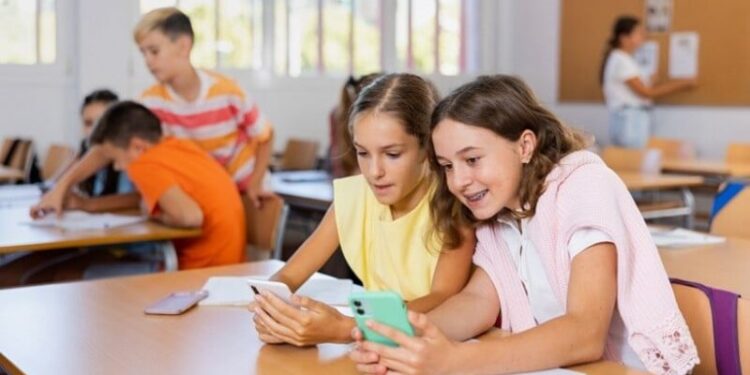Game-Based Learning Improves Computer-Based Knowledge
Game-based learning incorporates game characteristics and principles into learning activities. Learning activities inspire student engagement and enthusiasm to learn. Points systems, badges, leaderboards, discussion boards, quizzes, and classroom response systems are all components of game-based learning. Points may be accompanied by academic benefits such as an extra week to submit an assignment after reaching a certain point threshold.
There appears to be a widespread belief that online gaming is detrimental to the development of children. However, this is not the case. There are many benefits of game-based learning in helping children’s cognitive development. One of the most significant benefits associated with it is the development of active learning among children. The games can be easily modified based on the preferred instructional plans. Several games have student-monitoring tools attached to them. These tools are highly beneficial, as they allow the instructors to monitor the student’s performance and to make the desired changes in a timely manner.
What Is Game-Based Learning?
Game-based learning is an active learning technique that uses games to improve student learning. The learning, in this case, comes from playing the game, which promotes critical thinking and problem-solving skills. Game-based learning can be achieved through digital or non-digital games and simulations that allow students to experience the learning firsthand.
What Are Its Benefits?
Textbooks are as universal as formal schooling and have been used for a long time. And revision of textbooks takes time. Game-based learning, on the other hand, is very flexible. It is highly adaptable and can be updated very quickly, making it an effective learning tool.
Several websites provide very entertaining and fun games for young learners. These games help them to control the mouse and keyboard. They allow them to learn web browsing, how usernames are created, how to set the passwords, etc. This point is extremely important because, in the present times, our lives revolve around technological tools and gadgets. Online games allow children to understand the functions of the computer, how it works, and how to deal with it.
Gamification incorporates game elements such as point systems, leaderboards, badges, and other game-related features into “traditional” learning activities to increase engagement and motivation. Gamification and game-based learning are similar in encouraging engagement and long-term motivation in education, but are different practices and can be distinguished.
Discussions about modernizing the curriculum must include solutions for keeping students engaged and ensuring they learn how to be critical, confident, and creative—abilities required for success in the modern workplace. Playing games greatly increases the brain’s capacity to memorize things. Games enhance the ability to think in a critical way, which boosts the capacity to retain information for a longer time.
The majority of games demand that children think quickly. Furthermore, they must use logic to think three steps ahead of the game, to solve problems and complete levels. This helps children develop their logic, accuracy, and ability to think on their feet and out of the box later in life. As more schools and learning platforms consider transitioning to digital curricula, the number of solutions available to address these concerns has grown. Game-based learning is one of these solutions. This approach to curriculum and teaching is well-suited to take advantage of the full range of benefits of a digital curriculum.
Types Of Games
1. Real-Life Games
Real-life games, as the name suggests, are based on scenarios based in reality. These games have proven to be highly motivating but can also cause stress in some situations. Children are required to make body movements and use their brains. These games engage the learners in almost every aspect of their education.
2. Game-Based Learning In A Hybrid Space
Hybrid learning spaces are spaces that can be filled with a variety of resources. You can use digital resources in various ways, such as multimedia games, as well as using physical spaces as a creative space in which to engage with the resources.
3. Board Games
“Monopoly” can be thought of as an educational game. It contains all the necessary elements, including a story, characters, points, competition, and many other features. There are numerous examples of “Monopoly”-like school games with modified rules for various subjects, such as “History Monopoly” or “Math Monopoly.”
Game-based learning is a great way to improve young learners’ creativity, critical thinking, and problem-solving skills. It is based on the use of imagination. Instructors can give students the freedom to come up with solutions and ideas which boost their level of creativity.




















